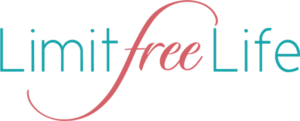Early on, when coaching clients, I want to know what it is they want. After all, they are investing in themselves, so they can change important aspects of their lives.
That requires awareness about what they want.
They may want a new career, to uplevel a business, or to increase their income or net worth, or to be more productive or balanced.
In any of these cases, we have to get very specific.
I ask the question “What Do You Want,” assuming that the person I’m speaking with will likely answer in one of three ways:
- A quick, surface-level answer, delivered with little hesitation.
- Answering on behalf of others, a spouse, children, employees, clients or other loved ones.
- “I have no idea, I wish I could figure it out.”
There are, of course, many ways people answer that question, but the 3 models above are typical of what I commonly hear.
I believe that when asked such a simple question, people feel they should produce the answer quickly and easily.
There is a feeling of shame in not readily having the answer at the tip of their tongue.
It seems basic. We’ve been asked the question all of our lives, in a variety of contexts.
Something occurs as we age, we seem to take the question less seriously, after all, we have responsibilities to manage, and they take precedence.
We become accustomed to doing the things we don’t want to do because we believe we need to, and take pride in our work ethic.
Addressing our own desires feels selfish.
Why raise expectations by even thinking about it, when you barely have time to blow dry your hair?
We don’t have the patience for the question when we are focused on taking care of others or dealing with life’s challenges, and the question becomes less worthy of our energy.
Part of the reason this question is so fascinating is its simplicity, as well as its power. It is a transformational catalyst like few others.
And perhaps, that is the other reason we don’t want to spend time determining the answer in specific terms.
Once we are clear on the answer, then we must acknowledge a deep desire that we may be neglecting, avoiding, or delaying. This creates its own form of angst.
For the question to begin to work its magic, you must find your truth. Here are some of the pitfalls in the way people answer the question.
For best results, avoid the following:
- Automatic answers – When your answer is automatic, it may have been an earlier “want” that you are carrying forward. That answer may have become a stock response that is well received, but meaningless to you now.
Evaluate it for validity in the current state you are in. - Answers that seem appropriate – These are answers that check boxes. If you feel there is a proper way to answer the question, based on past history, education, experience, and practicality, then the answer will feel like “it works.”However, these desires don’t come from the heart as much as they are strategically designed to be sensible.
- Answers geared to make others feel good – This question of what do you want is meant to be answered in a vacuum, where the needs or cares of others are temporarily eliminated from your mind. The whole point of the exercise is to excavate your deep, and sometimes secret interests, even if they are off-putting or hard to understand for other people.
You can figure out how to handle the others in your life after you have identified the answer to the question – as if no one else in your life can weigh in. - Answers that make you seem smart – Just today someone told me the story of a girl who wanted to be a hairstylist. She had received a full scholarship to Berkley which her parents implored her to accept. Upon graduation, she still wanted to cut hair and went to beauty school. Everyone continued to tell her what she could do with her degree, and they were pushing her to work in the field she loved, but to create something more with it. She was finally fed up and asked that everyone just be okay with her cutting and styling hair, nothing else, as that was what she wanted. She was very clear, and not concerned with appearing smart, which she was.
- Conformist answers – Similarly, answers that fit into societal or cultural norms may not be what you want, but what you have been conditioned to think you should want. This is where it gets interesting again, as it takes courage to step away from what you feel you should want, and into what is different and unique. It can feel disloyal, but being true to yourself is the goal.
- Rebellious Answers – These are answers that are meant to shock others, or make a statement vs. addressing your true desires. This is the opposite of conformity based answers.
- No answer – It is common to not have an answer to the question of what you want. However, “nothing” is not an answer that will serve you.
No answer is the indicator that you either haven’t given it adequate thought or don’t know how to reach an answer.
In this case, you may need help with the steps of self-awareness that can lead you to ideas, and ultimately an answer.
Seeking help through books, personal development, spirituality, a coach or therapist, or possibly a good friend is recommended, especially if this question feels unanswerable in your current state of mind.
These potential traps can prevent you from discovering what you really want, so test your answers to ensure that you are being honest with yourself.
It’s a critically important question to get right.


